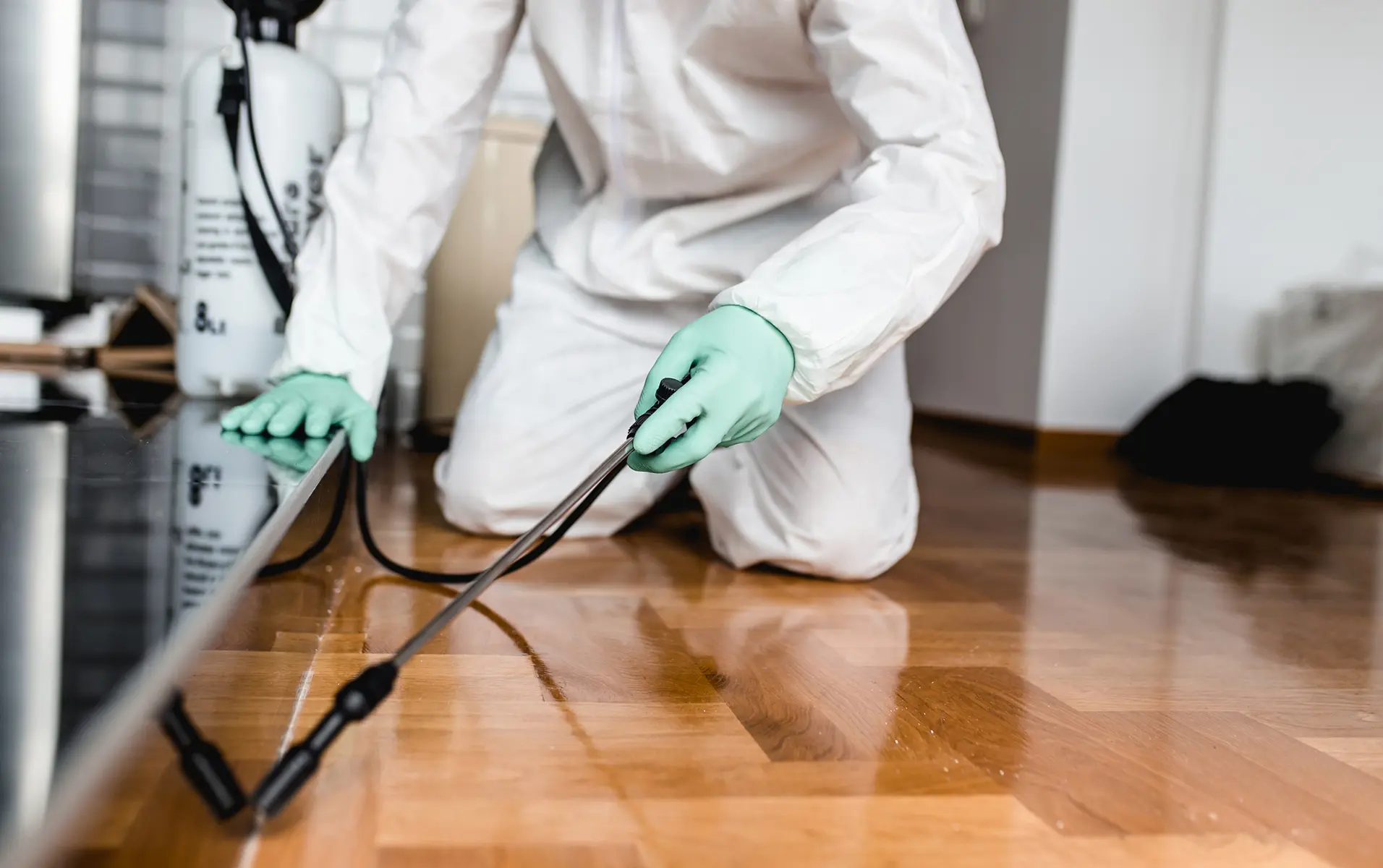Maintaining a neat as well as orderly house is crucial not just for your physical health but also for efficient the management of pests. Numerous people ignore the close link that exists between a person's house’s tidiness with the existence of pests. Dust, crumbs, plus unkempt environments create a suitable habitat to support common household pests, making it essential to prioritize cleaning practices as part of your pest control plan. By understanding the impact of cleanliness on pest management, you can initiate proactive actions to keep your living space clear of unwelcome guests throughout the year.
In this guide, we will explore multiple aspects of pest control and hygiene. Starting with identifying widespread infestations such as roach plus bedbugs and challenging prevalent myths regarding do-it-yourself methods, we will provide the reader a the ultimate resource to establishing an pest-free setting. You will find out about how crucial periodic pest evaluations, the frequency of professional treatments, and actionable tips for each period to make certain your home stays protected. Whether you are dealing with problems with rats during the winter months or stinging insects during summer time, organized home will significantly enhance one's pest control strategies plus ensure the safety of your loved ones’ health.
Comprehending the Link Between Sanitation and Bug Control
Ensuring high levels of hygiene in your home is crucial in preventing bug infestations. Unclean areas attract various pests, including rodents, insects, and other undesired animals that thrive in dirty environments. Food debris, spills, and clutter provide ideal breeding grounds for vermin, making it necessary to keep kitchens and dining areas clean. Regularly brooming, mopping, and sanitizing surfaces can significantly reduce the appeal of your home to intrusive species.
Moreover, proper waste management holds an pivotal role in pest control. Keeping trash in sealed containers, getting rid of waste consistently, and making sure that your garbage bins are well-maintained can discourage bugs from being drawn to your residence. Additionally, outdoor areas require the same attention; lush vegetation and stagnant water can create inviting environments for bugs. By maintaining cleanliness in both indoor and outdoor spaces, homeowners can establish a unwelcoming atmosphere for unwanted critters.
Recognizing the link between hygiene and bug control also entails identifying the indicators of infestations early. Regular inspections for common household bugs can prevent small issues from escalating into major infestations. When your home is well-kept and well-maintained, it's easier to spot the early warning signs of pests, such as droppings or signs of destruction. Ultimately, a clean house not only promotes good health but also serves as a strong barrier against bug control issues.
Effective Strategies for All-Year Pest Control
Maintaining a pest-free environment requires ongoing vigilance and proactive measures throughout the seasons. One of the most effective strategies for pest prevention is to ensure proper cleanliness. Routine cleaning, including hoovering and cleaning surfaces, helps eliminate food particles and spills that attract pests. Ensure that garbage is disposed of properly and that any pet food is closed and put away when not in use. Maintaining a clean environment makes your living space less inviting to ordinary household pests.
Another crucial aspect of pest control is blocking entry points. Check your house for openings, cracks, and holes in exterior walls, window frames, and doors. Even the smallest gaps can serve as pathways for pests like rodents and insects. Use sealant, weather stripping, and other materials to secure these weak points effectively. By strengthening your house's defenses against unwanted visitors, you can significantly reduce the likelihood of pest problems throughout the seasons.
Lastly, regular inspections and professional pest control services should be part of your preemptive strategy. Arranging periodic inspections can help identify potential pest issues before they grow. Professionals have the knowledge and tools to spot signs of pests that might go unnoticed. Moreover, utilizing seasonal pest control treatments can preemptively address specific pest threats related to each season, ensuring that your home remains safe throughout the year.
Widespread Misconceptions About Pest Control Corrected
One common myth is that having a clean home will entirely eliminate pests. Even though good hygiene definitely helps minimize the risk of infestations, it is not a foolproof solution. Pests can invade homes through minuscule cracks and crevices, in search of shelter and food. Therefore, depending solely on cleanliness can cause complacency and ultimately invite unwanted visitors. Regular inspections and preventative measures are essential to effectively keep your home pest-free year-round.
An additional misconception is that DIY pest control methods are as effective as professional services. Many homeowners overlook the complexities of pest behavior and treatment options. DIY approaches commonly fail because they do not address the root causes of infestations or the particular needs of diverse pests. https://telegra.ph/The-way-to-Deal-with-an-Urgent-Insect-Infestation-03-22 are trained to identify the source of the problem and apply focused solutions that ensure lasting results.
Ultimately, there is a belief that all pests are harmless and do not pose serious threats to health or property. This is not accurate. Pests like cockroaches and rodents can transmit diseases, while termites can cause extensive structural damage to a home. Understanding the dangers associated with pests is important for effective prevention. By disproving these myths, homeowners can make educated decisions about pest control and maintain a cleaner living environment.

